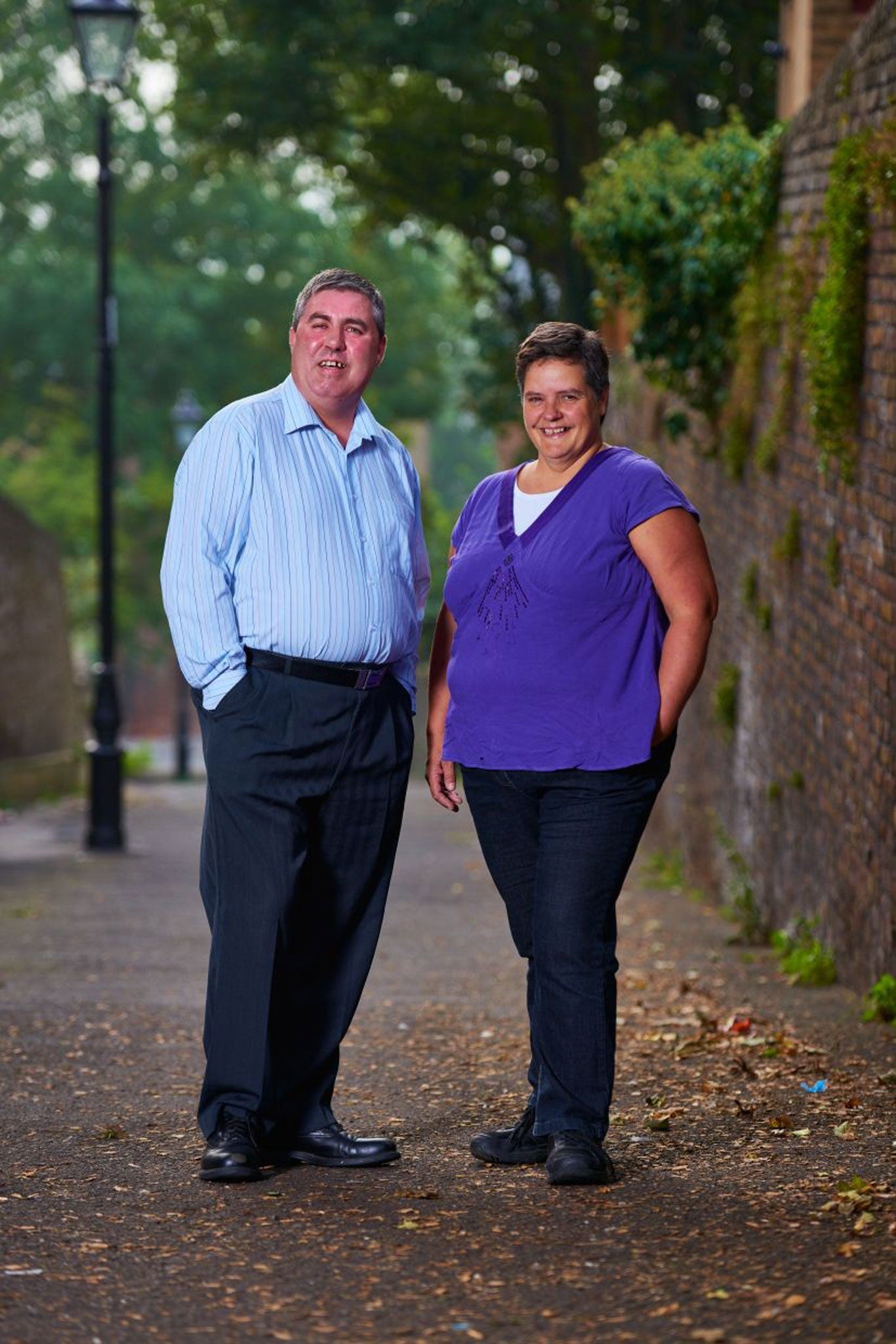More than 300,000 adults are too deeply in debt to apply for bankruptcy
Charities are urging the Government to offer a cheaper alternative for people in financial difficulty

More than 300,000 adults with severe debt problems in the UK are stuck in a limbo in which they are both unable to repay their creditors and unable to afford bankruptcy fees that would sort out the situation.
Research from the debt charity CAP (Christians Against Poverty), revealed exclusively by The Independent today, shows that people in this group – larger than the population of Swansea – have such little disposable income that they would typically take more than 600 years to pay off their creditors.
What prevents them from resolving the situation by going bankrupt is that they cannot afford the £705 fees which need to be paid to the court and official receiver.
CAP, along with the insolvency association R3 and others, is calling on MPs to enable more people to use a cheaper alternative to bankruptcy – a debt relief order (DRO) – for which the fee is just £90. The route that they propose is for the current threshold for DROs to be doubled to £30,000. At the moment, individuals can opt for a DRO only if their debts amount to £15,000 or less. R3 will be lobbying MPs at their party conferences, which kick off tomorrow with the Labour event in Manchester.
CAP and R3 are both making submissions to the Government's Insolvency Service, which has asked for evidence before 9 October on the need to raise the threshold. Nick Cosgrove of R3 says: "We are confident that there will be some movement."
The £15,000 limit was decided in 2005, before DROs were introduced in 2009. The Government appears to accept that an increase of some kind is needed – but it has not said that the limit should be doubled.
There are arguments against an increase as well, of course. Bev Budsworth, managing director of The Debt Advisor in Manchester, says: "There are a lot of bankruptcy tourists – particularly from Poland – at the moment. You'd see a lot more bankruptcy tourists coming over if the DRO limit goes up." And she cannot see that the £705 bankruptcy fees could easily be brought down, adding: "Access to bankruptcy is expensive but the Insolvency Service is underfunded and has had its budget cut so severely that you can see why there is the charge."
But lives of honest people are being put under considerable pressure at the moment, according to CAP. Mark Cowley, an adviser with the charity on DROs, says that people who cannot afford the bankruptcy fees can face a "massive lack of hope". Although CAP has raised fee "bursaries" for 108 people this year – mainly by applying to retail, armed forces and other industry sector benevolent funds – it believes that a better solution needs to be found. CAP sees the solution as the raising of the DRO level. In total, 7,006 people went through the orders in England and Wales in the second quarter of this year, and 5,452 went into bankruptcy.
Many of the people who would benefit from a higher DRO threshold are those who were working before they were knocked sideways by an event such as redundancy or ill health (see right). These people, according to Mr Cowley, can end up with just "pennies to spare each month" after they have paid their bills and bought food.
When they were working, they might not have regarded £705 as a large sum – but, when they become insolvent and go on a creditor repayment plan, they can find that it would take them at least five or six years to save that amount.
Case study: Bankruptcy bursary
Michael, a chef in Chatham, Kent, didn't know "which way to turn" after he had a heart attack, was made redundant and then got into debt. Married with a four-year-old daughter, he ended up with payday loans and credit card borrowing as he tried to find a way out for his small family. When he finally went to CAP for help, he owed £19,000 – and that put him above the limit for a simple DRO and its £90 fee. The prospect of never sorting out his relationships with his creditors was a highly stressful one: "I thought I was going to have bailiffs knocking on my door." He was unable to find the £705 he needed for bankruptcy.
But CAP raised the sum from a benevolent fund that helps people in the hospitality sector. Michael was extremely relieved. "We haven't got to worry about those nasty letters and phone calls," he said.
CAP's Ruth Millward, based in Gillingham, sorted out arrangements for the bankruptcy hearing (which was just about to happen as The Independent went to press) and took over from him in dealing with creditors. If they had not managed to get the bankruptcy bursary for Michael, Ms Millward says the future would have been very problematic. "For Michael, things would have dragged on for a long, long time. Your shoes wear out, your clothes wear out. Being in this position does not let people restart their lives."
But Michael is relatively fortunate. "The vast majority of my clients are in a situation with no way out," says Ms Millward. "A lot of them are on £15 a week for food and spending. You only need one thing to go wrong – such as going to hospital – and it tips them over the edge."
For more information:
CAP: https://capuk.org
Citizens Advice: http://www.adviceguide.org.uk
Join our commenting forum
Join thought-provoking conversations, follow other Independent readers and see their replies
Comments
Bookmark popover
Removed from bookmarks